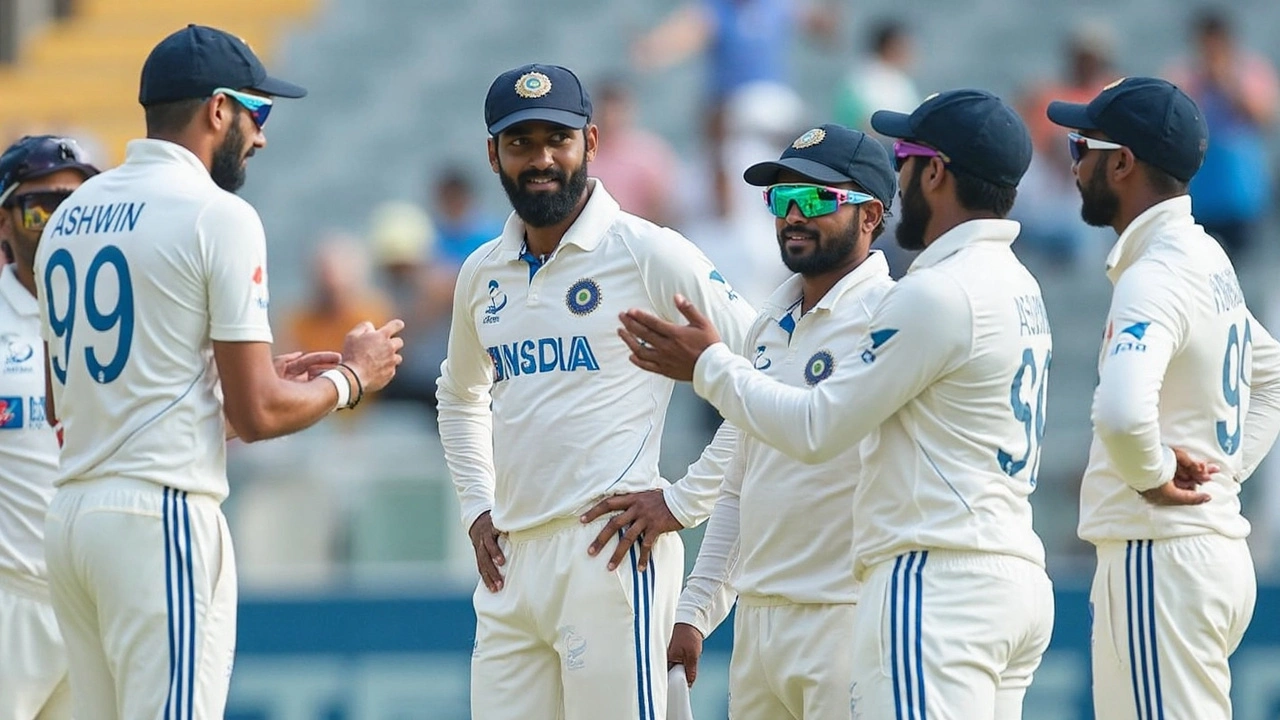Betting Strategies: Simple Steps to Up Your Game
If you’ve ever placed a bet and walked away empty‑handed, you’re not alone. The good news is that betting isn’t just luck – it’s a mix of knowledge, planning, and discipline. In this guide we’ll walk through the most effective betting strategies you can start using today, whether you’re into sports, casino games, or online betting platforms.
Know the Odds and What They Mean
The first thing every bettor should master is reading odds. Odds tell you how likely an outcome is and how much you can win. Decimal odds (like 2.50) are the simplest – just multiply your stake by the number. Fractional odds (5/1) work the same way but look a bit older. Understanding the implied probability behind those numbers helps you spot value. For example, if a team’s odds suggest a 30% chance of winning but you think they have a 45% chance, that’s a potential edge.
Bankroll Management Is Your Safety Net
Even the best strategies can go wrong on a bad day, so protecting your bankroll is crucial. A common rule is to wager no more than 1‑2% of your total bankroll on a single bet. If you have $1,000, that means $10‑$20 per bet. This keeps you in the game during losing streaks and lets you stay calm when the odds swing. Adjust the percentage as you get more experienced, but never bet more than you can afford to lose.
Another handy tip is to set stop‑loss limits. Decide ahead of time how much you’re willing to lose in a week or month, and stick to it. When you reach that limit, take a break. It’s easy to chase losses, but doing so usually digs a deeper hole. Treat betting like a hobby with a budget, not a get‑rich‑quick scheme.
Now, let’s talk about specific strategies you can apply. The “Value Bet” approach focuses on finding odds that are higher than the true probability you calculate. The “Hedging” method lets you place a second bet that reduces risk on an existing wager – useful for live betting when the game changes fast. “Arbitrage” betting uses multiple bookmakers to lock in a profit regardless of the outcome, but it requires fast action and accounts at several sites.
Don’t forget to do your homework. Research team form, player injuries, weather conditions, and even head‑to‑head stats. The more information you gather, the better you can assess whether the odds offered are fair. Use reputable sources and track your own results in a simple spreadsheet – over time you’ll see patterns and know which strategies work best for you.
Finally, keep emotions out of the equation. It’s tempting to bet on your favorite team or after a big win, but staying objective makes the difference between steady growth and wild swings. Set clear goals, review your betting journal regularly, and adjust your approach based on real data, not gut feelings.
Betting strategies aren’t magic tricks, but when you combine solid odds reading, disciplined bankroll management, and informed research, you give yourself a real edge. Start with these basics, experiment responsibly, and watch your confidence – and your winnings – improve over time.

- Mar, 13 2025
- Comments 0